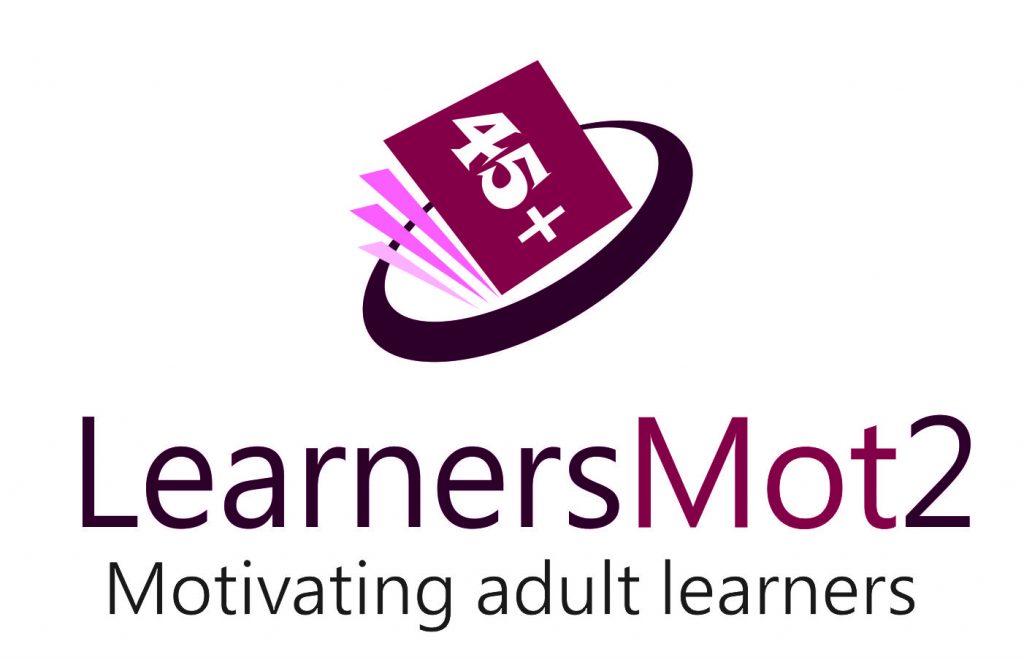
Marinilla Centro de Adulto Mayor – Foto Flickr
No functional literacy without digital skills?
The already completed and awarded LearnersMot project had some limitations, a lot of new questions and issues that need to be answered. Consequently, some of them are being approached in the LearnersMot2 project: Creating a continuous supportive learning environment for the 45+, low- educated and low skilled-adults. The project is being coordinated by EDENSOL, Spain.
So far, the project has yielded some of the planned results, mainly the Conceptual background (concepts constituting the philosophy of the project, a Blended course and a Mobile application containing digital exercises to be employed by low educated and low skilled older workers.
Low functional literacy is by-product of development
Functional literacy ( Fr.) or just literacy (Engl.)is a by-product of development and needs to be alleviated in the developed countries. Functional illiteracy is defined in most diverse ways what indicates that it is defined with difficulty. It is mostly believed that functional illiteracy is inability to do this and that with texts and in everyday life. But no, these are only diverse tangible manifestations of functional illiteracy. It should be rather said that adults become functionally literate when they have achieved a certain level of competencies based on basic skills.
Which adults could be qualified as low functional literates
Persons in the situation of functional illiteracy did go to school, wanted to learn, but nobody really taught them how to learn while significant adults like their parents, teachers, etc. did not respect them, nor did they value their learning. Therefore, their bad school memories have hindered their learning, sometimes for a lifetime. On the other hand, social unfairness experienced on different levels, (poor economic level, poor socio-cultural level, stigma, etc.) strengthen the individuals’ situation of functional illiteracy. Living on social allowance, narrow socio-cultural habitus and stigma may contribute to adults’ “finding themselves in a situation of functional illiteracy”.
Only literates can function in today’s world
Low educated and low skilled adults – like each of us – need to cope with the changing world where the division of work is ever less present, and companies are ever more service-oriented, where ever more composite skills are required from each worker. (LearnersMot Deep In 1). Which skills are we talking about? Basic skills i.e. listening, reading, writing, communication and cognitive skills, cultural skills, social skills, digital skills and numeracy. Actually, there is no literacy without basic skills or digital skills. In literacy programmes, skills cannot be dealt with separately but rather jointly, several at a time.
Moreover, the LearnersMot2 project deals with various aspects of numeracy, i.e. mathematics applied to everyday life: using the number in context, estimating and calculating, using money, continuing and predicting patterns and relationships, interpreting proportional reasoning, spatial reasoning, etc.
Dr. Dušana Findeisen, Head of the Institute for Research and Development of education within Slovenian Third Age University.


